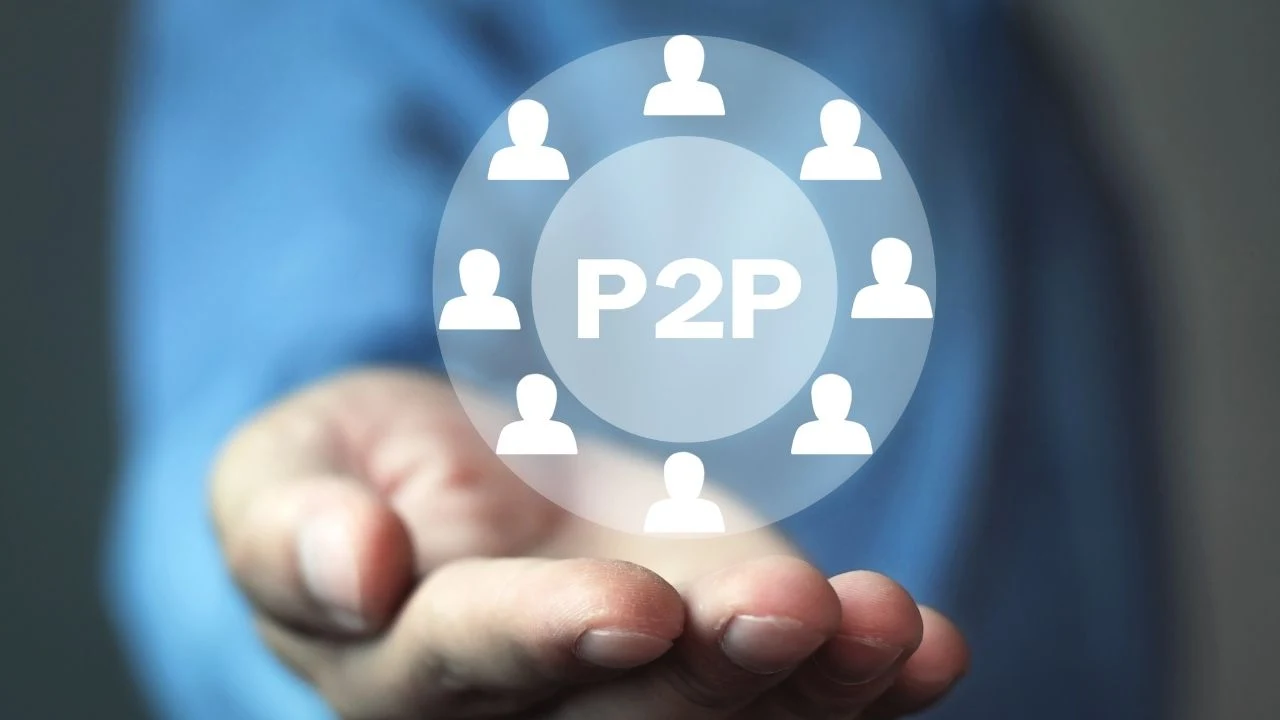
|
To share files, like games and music, through a peer-to-peer (P2P) network, you download software that connects your computer to other computers running the same software – sometimes giving access to millions of computers at a time. This has a number of risks. You could mistakenly
- download malware, pirated or copyrighted material, or pornography; or
- allow strangers to access and share your personal files.
If you're considering P2P file-sharing, understand the inherent risks and take these steps to help minimize them.
Install reputable security software.
Some file-sharing programs may hide malware or let malware onto your computer. That could allow criminals to monitor or control your computer activity. Do this before you use any file-sharing program:
- Install a reputable security program that includes anti-virus and anti-spyware protection.
- Set your security software and operating system to update automatically.
- Delete files the security program flags as problematic.
- Back up files that you'd want to keep if your computer crashes. Store them on CDs, DVDs or external drives, or use an online service.
Before you open or play any downloaded files, use your security software to scan them. If a P2P program asks you to disable or change the settings of your firewall, you might want to reconsider installing it. Disabling or changing the settings could weaken your computer's security. If you believe you've downloaded malware, take steps to remove it.
Limit what you share and how often.
Know what folders you are sharing.
Install P2P programs carefully, and understand exactly which folders will be made public. These programs are designed to share files, and once they're installed on your computer, they may share files, folders and subfolders you never intended to share.
For example, a careless setting on the shared folder could expose information on your hard drive – like your tax returns, email messages, medical records, photos or other personal documents. Don't save any personal information, files or subfolders in your shared or download folders.
In addition, security problems within the P2P program could open the door to attacks from hackers. Some malware is designed to change which folders you have designated for sharing, so criminals can access your personal information.
Close your connection.
In many instances, closing the file-sharing program window (clicking the X) doesn't close your connection to the network, so other users still have access to your shared files. This could increase your security risk and slow your computer. When you're not downloading files, close the program entirely: Double click on the file-sharing program, choose the file menu and then choose exit.
Some P2P programs open automatically every time you turn on your computer. You may want to change the settings so this doesn't happen.
Create separate user accounts.
If more than one person uses your computer, consider setting up separate user accounts with limited rights. Only a user with administrator rights can install software. That's one strategy to protect against installing software you don't want. It also can keep certain users from accessing – or sharing – another user's folders and subfolders. Use a password to protect the administrator account on your computer so someone else can't disable security features or grant themselves rights you may not want them to have.
Talk with your family about file sharing.
If you're a parent, ask your children whether they've downloaded file-sharing software, and if they've exchanged games, videos, music or other material. Talk to your kids about the security and other risks involved with file sharing. If they're going to use P2P at all, talk to them about how to install and use the software correctly.
If you're a teenaged or adolescent child interested in file sharing, talk with your parents before you download software or exchange files.
Know the file-sharing policies at work.
Because using P2P software can weaken computer security and expose folders with sensitive information, your office might have rules about how file sharing can be used – if at all.
Reference:
Federal Trade Commission (FTC), Consumer Information (2011, September). P2P file-sharing risks. Retrieved 1 March 2018 from https://www.consumer.ftc.gov
